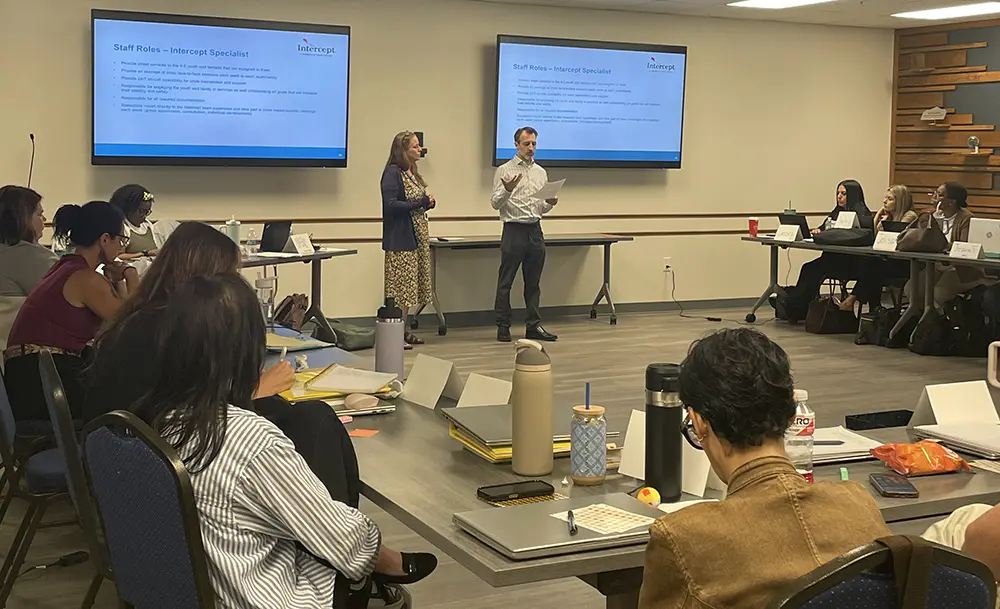New Jersey powers up its prevention strategy
Twenty years of steady, positive change in New Jersey’s child welfare system yielded results: fewer than 3,000 children are now in foster care, the lowest number in state records. To build upon its prevention-focused portfolio, the Department of Children and Families decided to expand its scope.
DCF Commissioner Christine Beyer started with a listening tour. She met with more than 750 New Jersey residents in 15 counties, including young people and families with lived experience. Next, there were regional in-person and virtual forums, plus comprehensive reviews of needs assessments and administrative data.
The result: a five-year prevention strategy focused on continuing to shift from a system centered on traditional child protection services to one that prioritizes family strengthening, using child protection solely as a limited, targeted intervention.
To expand effective services for families, DCF developed and secured approval of its state plan under the Family First Prevention Services Act (FFPSA), unlocking federal funding to support the initiative.
From the Title IV-E Prevention Services Clearinghouse, DCF selected four evidence-based program models to add or enhance its service array: Brief Strategic Family Therapy, Motivational Interviewing integrated into Family Preservation Services and Keeping Families Together, Positive Parenting Program (Triple P) and Youth Villages’ Intercept.
“Integrating Intercept into New Jersey’s prevention service array expands access to intensive, in-home preservation, reunification and placement stabilization services. This model strengthens our ability to prevent placement disruption and keep youth safely with committed caregivers,” said Daniela Guarda, assistant division director of family and community partnerships for DCF. “Intercept will be implemented statewide as part of a comprehensive, prevention continuum to help New Jersey’s families be safe, healthy and connected.”
Bringing Intercept to New Jersey was a thoughtful process, according to Sharteedra Gracie, regional network manager for Youth Villages’ Strategic Partnerships team.
“They were very mindful about the needs of families in New Jersey,” Gracie said. “DCF did thorough research to identify programs they felt their families needed.”
Through a competitive application process, DCF chose providers to implement Intercept.
This summer and fall, Youth Villages’ strategic partnerships team trained staff at Care Plus NJ, Preferred Behavioral Health, Acenda Integrated Health and Catholic Charities, Dioceses of Metuchen. Together, they will field 12 Intercept teams focused on prevention and reunification work. When fully scaled, New Jersey Intercept teams will serve more than 200 families every day (600, each year) with about 60 staff.
“This is one of the largest initial launches of Intercept services through partner organizations,” said Katja Russell, executive director of strategic partnerships at Youth Villages. “This implementation demonstrates the powerful impact of our partnerships and the strong collaboration with DCF and our local implementing provider organizations. We expect our work together to have significant long-term impact for children and families in New Jersey.”
The first children and families began receiving Intercept services in October.
Youth Villages also partners with DCF to enhance services for young people who age out of foster care through implementation of the LifeSet program, which is delivered through local implementing provider organizations in New Jersey.
For more information on Intercept and strategic partnerships, email: Strategic Partnerships.

